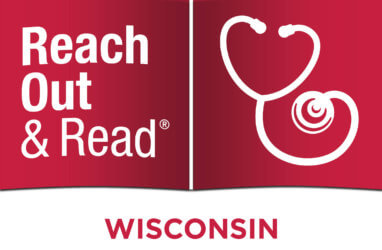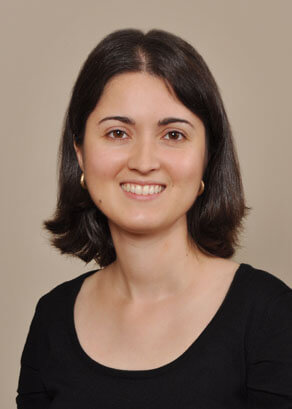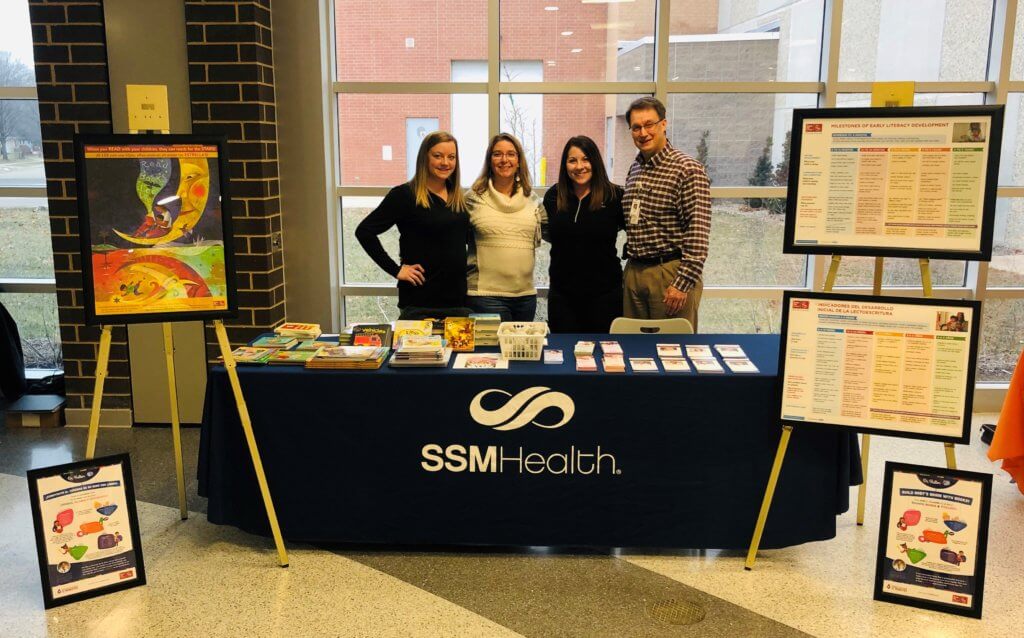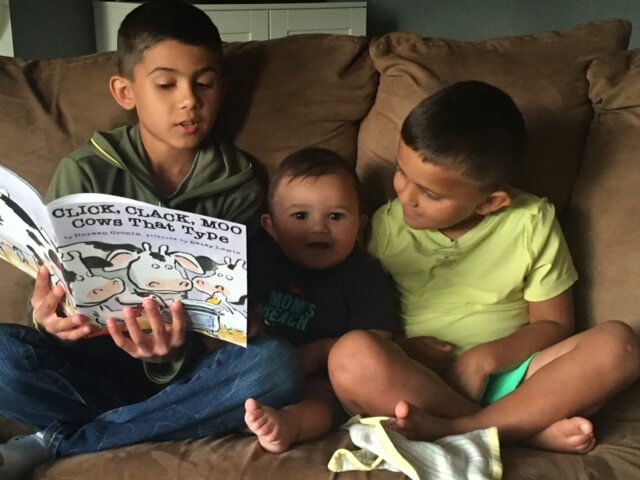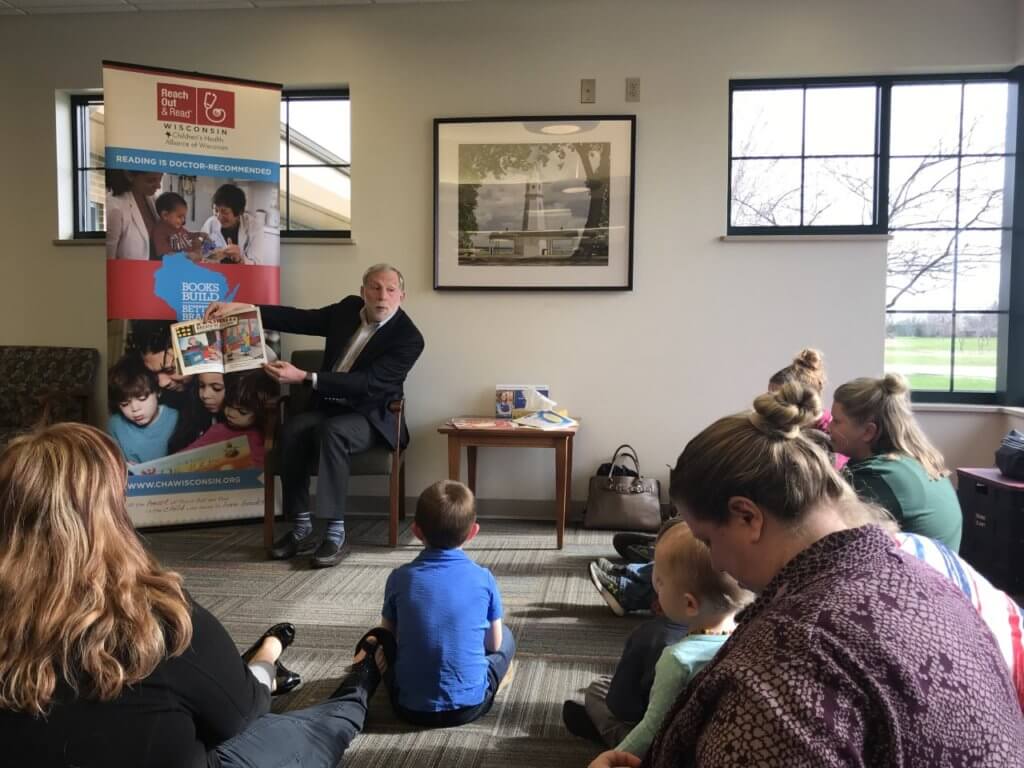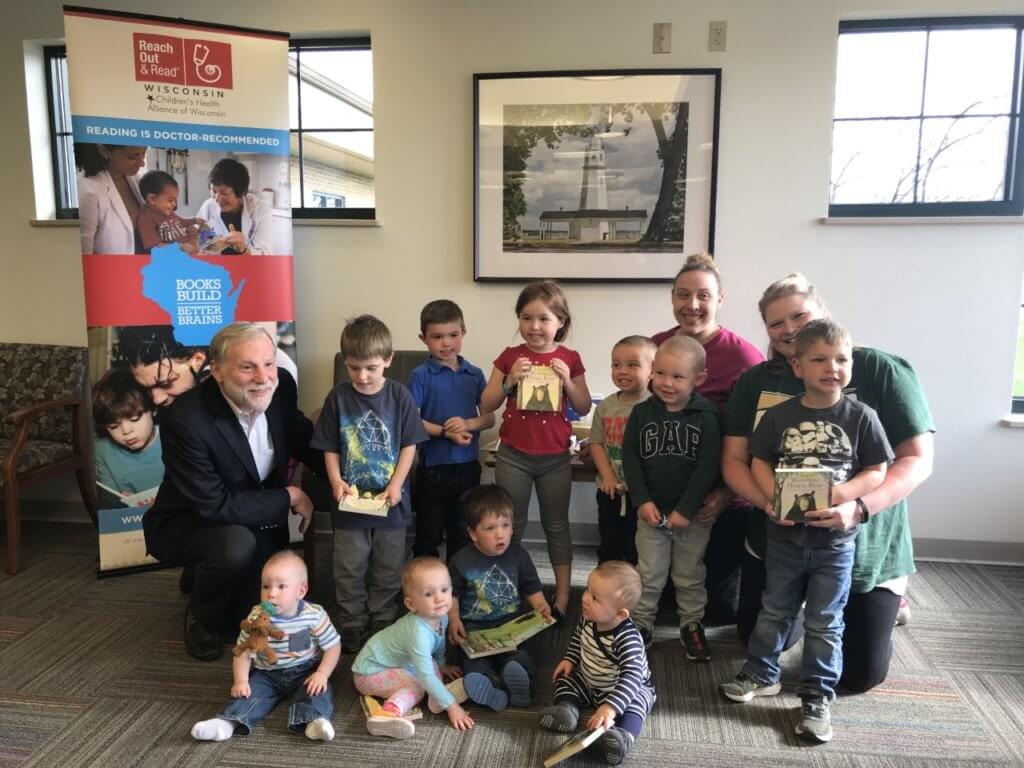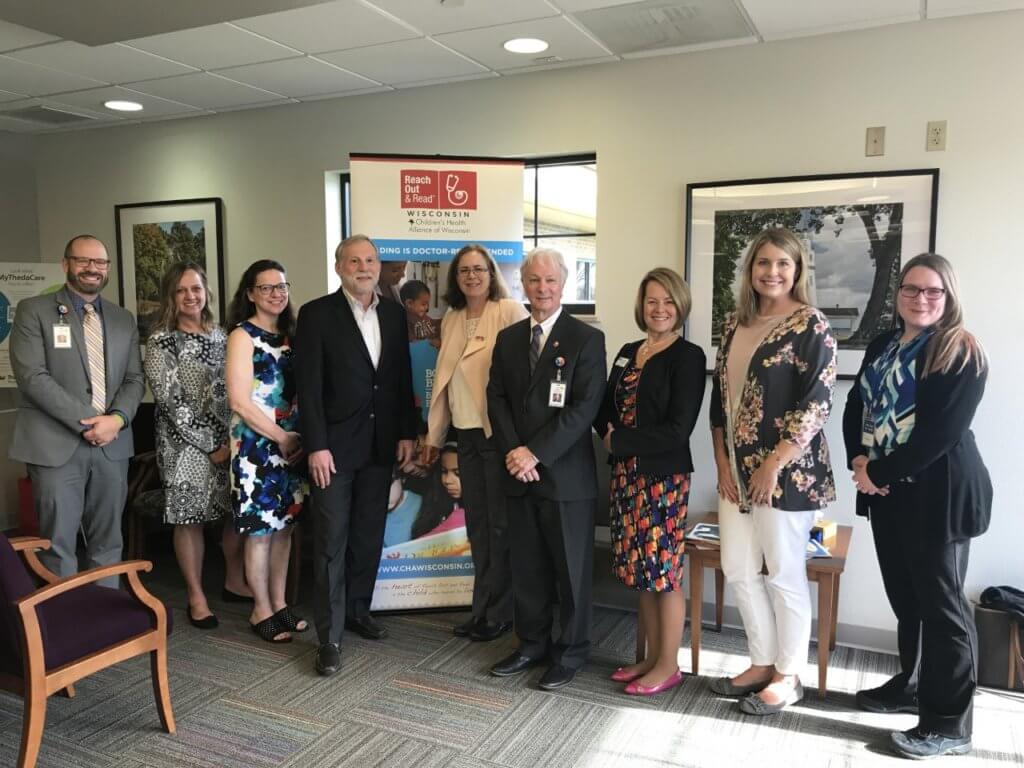
Following a statewide search, Reach Out and Read has named Azure’De (DeDe) Williams the next executive director for its Wisconsin affiliate.
Williams began her tenure on May 30, following the retirement of Karin Mahony.
Williams received a Bachelor of Science degree in behavioral science & law and a criminal justice certificate from the University of Wisconsin–Madison. Williams has more than 25 years of experience working in the nonprofit sector identifying two areas she felt most impacted quality of life: health and education. Williams has used her skills in program development, civic engagement, and program evaluation to support efforts in addressing health disparities and achievement gaps.
Under her leadership at the American Heart Association, she received several awards including the Cass Wheeler Integration Team Award for her leadership on health equity initiatives and improving hospital care and outcomes for minority and underserved populations. Williams developed systematic plans to increase referrals, improve access to treatment, and leverage better data sharing to improve hypertension outcomes. Williams’ involvement with the ASTHO Million Hearts via partnerships with public and private stakeholders to implement “Creating Community Clinical Linkages to Reduce Disparities in Hypertension Identification and Control” resulted in the delivery of core AHA messaging and services to 200,000 constituents in 2016.
More recently, Williams received the 2021 Medical College of Wisconsin (MCW) President’s Award for her exemplary community-engaged work with MCW and partners during her tenure as executive director for the Milwaukee Area Health Education Center. By energetically translating mission and goals into operating plans with clear benchmarks and annual objectives, she successfully restructured the 30-year-old organization to align with contemporary market and educational needs of future health workforce projections.
Williams is ardent about community service. She loves to spend time teaching young athletes the fundamentals of basketball and teamwork, and has four children – ages 20, 16, 14 and 10 – who are often seen accompanying her on volunteer-related and community service projects. In her spare time, Williams enjoys filling up the pages of her passport.

